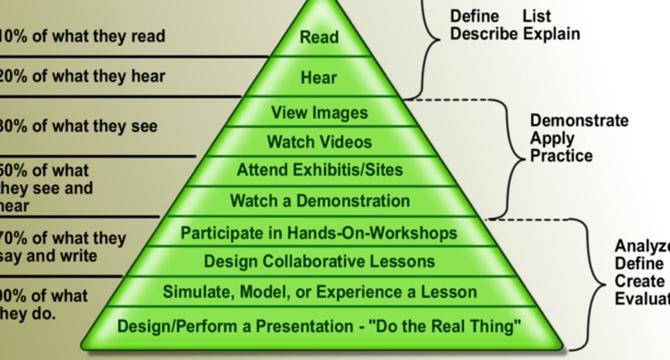ADPList’s Newsletter
3M
286

Image Credit: ADPList’s Newsletter
How to facilitate your first workshop (step-by-step guide)
- Design workshops are essential for designers to bring together diverse perspectives, foster creativity, and make progress on projects.
- Blair Fraser, a design leader, shares insights on planning and running impactful design workshops.
- Active learning experiences are more effective for retaining information over time.
- The article outlines why design workshops matter, how to design workshops, run them effectively, and handle unexpected challenges.
- Key tips include starting with a clear goal, time-boxing activities, incorporating breaks strategically, and preparing attendees in advance.
- The importance of designing the overall workshop experience, not just the agenda, is emphasized.
- Suggestions for enhancing workshops include creating a warm atmosphere, personalized interactions, monitoring energy levels, and incorporating fun elements.
- Facilitation tips include setting expectations, establishing ground rules, using voting techniques, and managing challenges such as strong personalities or time constraints.
- Post-workshop steps include summarizing the session, sharing outputs, assigning ownership, asking for feedback, and building facilitation skills beyond workshops.
- Overall, the article encourages embracing the imperfection of workshops, staying adaptable, and focusing on creating valuable, engaging sessions.
Read Full Article
16 Likes
For uninterrupted reading, download the app